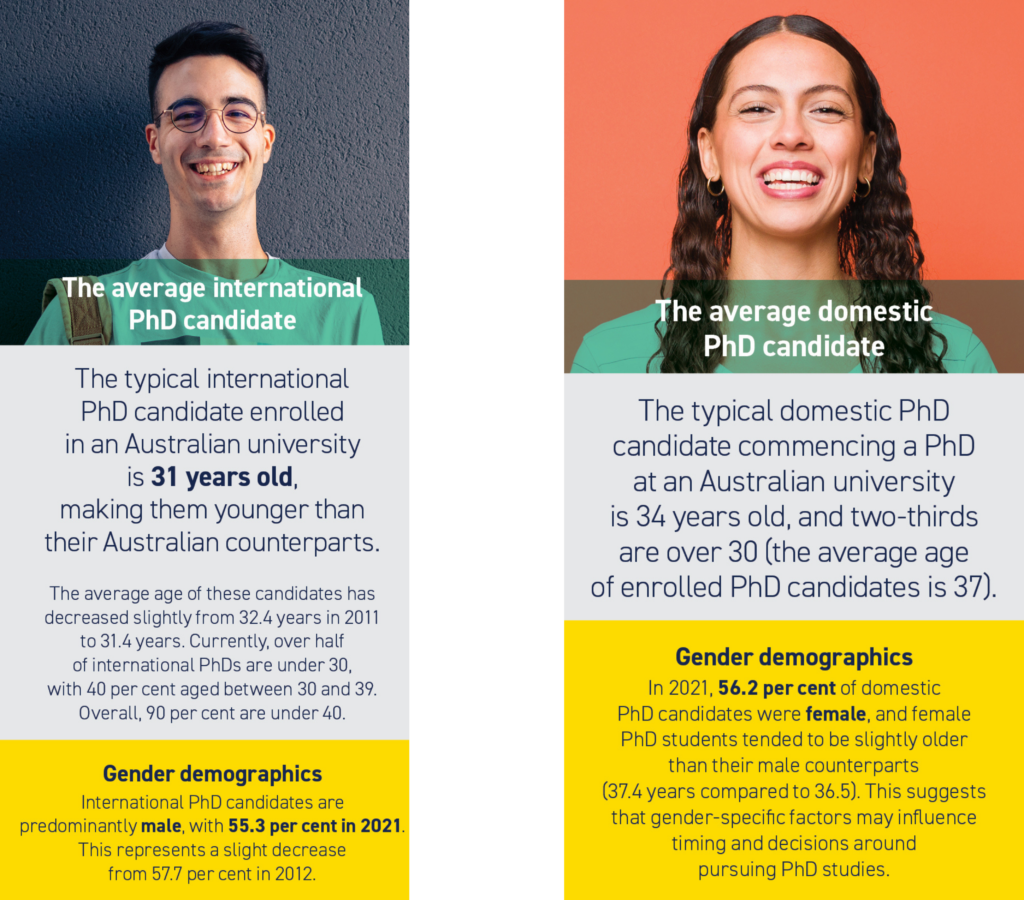The report reveals an alarming eight per cent drop in domestic PhD enrolments from 2018 and 2023, despite Australia’s population growing by over seven per cent in the same period.
UA Chief Executive Officer Luke Sheehy said skyrocketing living costs and a base stipend barely above the poverty line are major deterrents for potential PhD candidates.
“The average enrolled PhD candidate is 37 years old, juggling significant financial responsibilities like families and rent, yet they are excluded from critical government benefits like paid parental leave,” Mr Sheehy said.
“PhD students contribute enormously to Australia’s research output and innovation. It is unacceptable to expect them to live in poverty while driving breakthroughs that fuel our economy and progress.
“Without urgent reforms, we’ll continue to see PhD enrolment numbers decline, something Australia can ill afford at a time when we need to produce more skilled workers.
“A modest increase in the PhD stipend would make research degrees more accessible, levelling the playing field for all candidates and securing the skilled graduates to take our country forward,” he said.
The PhD stipend in 2024 was just $32,192 – barely catching up with 2022 inflation.
ACGR President, Professor Louise Sharpe, said the report highlights a growing pool of Honours graduates, signalling untapped potential to bolster Australia’s research efforts.
“With the right incentives, these students could address critical workforce shortages and strengthen our research and innovation sectors,” Professor Sharpe said.
“PhD candidates are vital for industries across the economy. Easing the financial burden on students is crucial for building the skilled workforce Australia needs.”
The report also recommends greater support for international PhD candidates to address industry and workforce needs.
The release of the report coincides with the Federal Government’s review of Australia’s R&D system, highlighting the urgent need for structural reforms to secure the nation’s future prosperity.
ENDS


